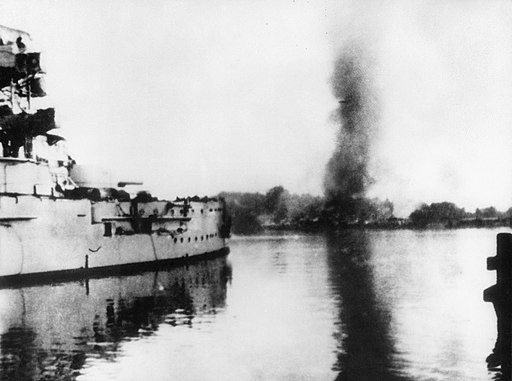
German troops invaded Poland on 1 September 1939. Two days later, Britain and France declared war on Nazi Germany. This marked the start of the Second World War, in which many tens of millions of people would lose their lives to armed conflict, disease, starvation, and genocide. The PMJ series includes a variety of responses from individuals – ranging from Jewish victims of Nazism to Jewish émigrés and non-Jewish civilians – who reflect on what they believe will ensue as a result of war.
